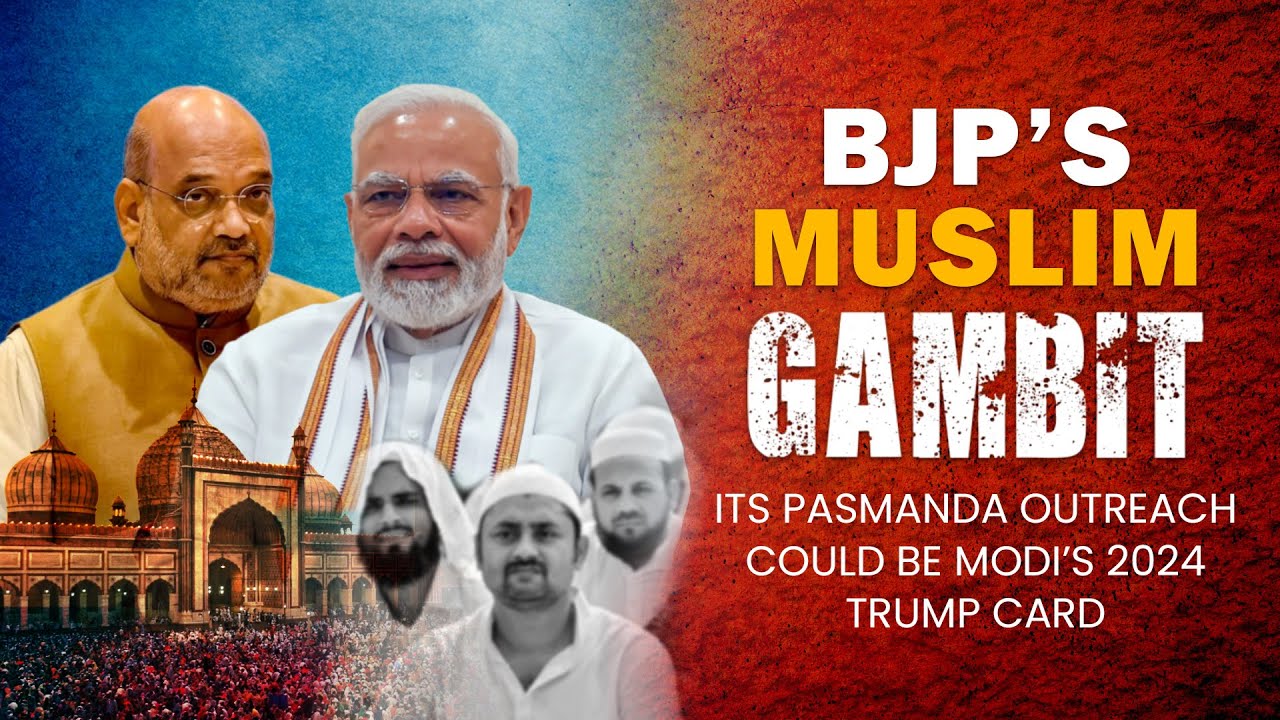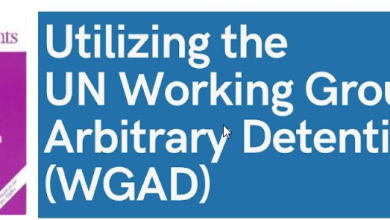
The Bharatiya Janata Party (BJP), driven by its ideological foundation in Hindutva, is vigorously pursuing an ambitious electoral agenda. The party’s aim is to secure a substantial parliamentary majority of over 400 seats, reflecting its determined push for political dominance. This drive involves a slew of calculated manoeuvres, particularly focused on swaying and garnering support from Hindu voters in North India and expanding its footprint into traditionally resistant regions such as South India.
The BJP’s calculated deployment of religious symbolism, like the Ram Mandir inauguration, seeks to rally Hindu voters in the northern heartland, skillfully orchestrating the Ram Mandir consecration ceremony as a crucial tool in fortifying the BJP’s electoral success. This strategy capitalizes on sensitive connections within its core Hindu constituency. However, this strategic manoeuvring carries the peril of further alienating secular voters and inflaming existing communal divides. Such a high-stakes electoral gambit highlights the party’s precarious balancing act between religious mobilization and the imperative of maintaining social cohesion in a diverse polity.
Another strategy pursued by the BJP involves portraying the situation in Jammu and Kashmir as ‘normal’ following the abrogation of Article 370. However, this narrative glosses over the region’s persistent challenges, including deep-seated grievances and human rights issues. As the saying goes, no amount of gloss can disguise the true nature of the beast, suggesting that the BJP’s attempt to paint a rosy picture in Kashmir may ultimately ring hollow to voters seeking substantive solutions to the region’s issues.
Historically, South India has been a stronghold of regional and Congress-affiliated parties, which has presented a formidable challenge to the BJP’s aspirations for expansion in the region.However, recent developments indicate a notable shift in the BJP’s approach towards the southern states, specifically targeting Tamil Nadu, Karnataka, and Telangana. The party aims to secure up to seven seats in Tamil Nadu and increase its vote share from 4% to 20% since 2019.The party is actively working to weaken opposition political leadership and establish a stronger foothold in the region. Tactics such as targeted enforcement actions by government agencies like the Enforcement Directorate (ED) and National Investigation Agency (NIA), alongside measures to curb funding to rival parties, demonstrate the BJP’s determined push to break through the traditional political barriers in the South. BJP’s efforts to disrupt the political status quo in the South may encounter resistance akin to trying to move mountains.
The BJP’s strategies in southern states are tailored to capitalize on local political nuances, while forming alliances in Karnataka may bolster its prospects in a stronghold, the party’s reliance on Lingayat-centric politics risks alienating other communities. Similarly, efforts to increase vote share in Kerala by positioning itself as an alternative to traditional parties could face resistance from deeply entrenched political identities. On the other hand, the BJP’s focus on projecting new leadership in Tamil Nadu may encounter challenges in a state with a strong anti-BJP sentiment rooted in historical political ideologies.
The divisive ideologies, controversial narratives like the “love jihad” theory, and the use of hate speech by the BJP pose significant challenges to its electoral activities. Such narratives risk alienating voters, particularly in states like Kerala and Tamil Nadu, where societal harmony is valued.
As India braces for critical elections, the pivotal role of its Muslim population emerges as a crucial determinant in shaping the political dynamics. In India, Muslims constitute approximately 15% of the population, with Pasmandas, representing the socioeconomically disadvantaged within the Indian Muslim community, comprising around 80-85% of this population. Indian Muslims are experiencing a precarious environment characterized by growing marginalization and heightened communal tensions. This marginalization stems from various factors, including discriminatory policies or rhetoric targeting Muslim communities. The specter of continued stigmatization implies that Indian Muslims face persistent prejudice and bias, which negatively impact their socio-political status and rights. In the current climate of increasing stigmatization and political polarization, it becomes absolutely essential for Indian Muslims to carefully evaluate their present circumstances and anticipate the challenges they may encounter in the future.
The political terrain in India hinges significantly on the collective actions of its diverse population, including the sizable Muslim community. Indian Muslims possess the capacity to apply decisive influence, particularly in regions where their concentration is substantial, by leveraging their demographic strength and voting bloc potential. As demonstrated by past voting patterns and recent trends, the unified support of Muslim voters for specific political parties or alliances has the potential to sway the results in key constituencies. A concerted effort to consolidate support behind a single political alliance, such as the Congress-led India alliance, holds the promise of translating numerical advantage into tangible electoral outcomes.
The current political scenario is marked by escalating polarization, diminishing democratic principles, and the evident ascent of authoritarian tendencies. This indicates a shift away from established democratic norms towards a more centralized and potentially authoritarian style of governance. BJP’s abuse of power and disregard for democratic principles signal a departure from secularism towards the pursuit of a Hindu Rashtra, posing grave implications for India’s pluralistic democracy.
The stakes are high, and the time for concerted action is now. By transcending divisions and galvanizing behind a unified electoral agenda, Indian Muslims can assert their agency in shaping the trajectory of the nation’s political future through a strategic and cohesive approach.
-The author is Director research and human rights department of the Islamabad-based think tank Kashmir Institute of International Relations (KIIR). She can be contacted at: mehr_dua@yahoo.com








